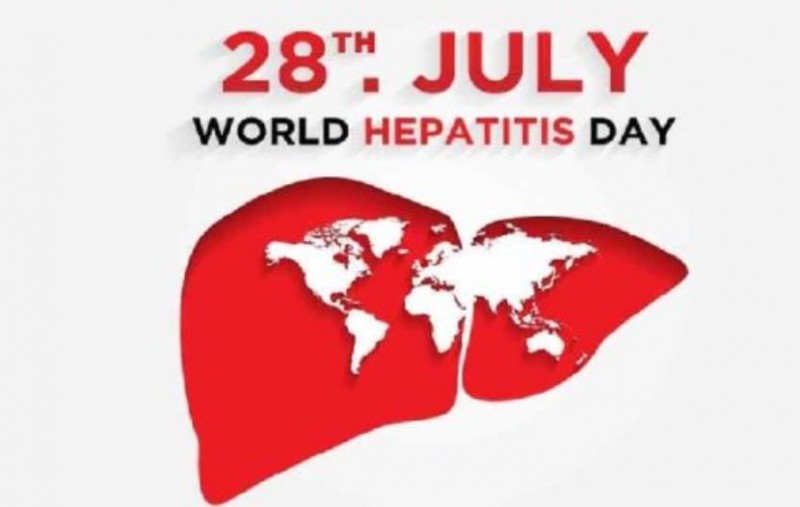
New Delhi: Every year on July 28th, the world observes World Hepatitis Day to raise awareness about viral hepatitis and its impact on global health. This day provides an opportunity to unite efforts in the prevention, diagnosis, and treatment of hepatitis, and to showcase how ancient Indian texts hold valuable insights that can complement modern medical approaches.
Hepatitis is a group of viral infections that affect the liver, and it is a major public health concern worldwide. The five main types of hepatitis viruses are A, B, C, D, and E. Each type varies in its transmission, severity, and long-term effects on the liver. While modern medicine has made significant strides in understanding and treating hepatitis, ancient Indian texts also offer valuable information on managing and preventing this disease.
In Ayurveda, the traditional Indian system of medicine, the liver is considered one of the most important organs for maintaining overall health. Ayurvedic texts, such as the Charaka Samhita and Sushruta Samhita, describe the liver as the seat of digestion, metabolism, and detoxification. They recognize the importance of keeping the liver healthy to prevent various diseases, including hepatitis. Ayurvedic practitioners advocate a holistic a pproach to maintaining liver health, which includes dietary and lifestyle changes, herbal remedies, and detoxification techniques. Certain herbs like turmeric, bhumi amla (Phyllanthus niruri), and guduchi (Tinospora cordifolia) are considered beneficial for liver health and have been used for centuries to support liver function.
Additionally, Ayurveda emphasizes the concept of "agni," the digestive fire, which is vital for processing nutrients and eliminating toxins from the body. When agni is imbalanced, it can lead to the accumulation of toxins in the liver, causing various liver disorders, including hepatitis. Ayurvedic treatments aim to balance agni through personalized dietary recommendations and lifestyle modifications. Ancient Indian texts also highlight the significance of maintaining proper hygiene and sanitation to prevent infectious diseases, including hepatitis. They promote practices like boiling water, washing hands before meals, and maintaining clean living spaces, which are still relevant in modern times for preventing hepatitis transmission.
While traditional healing systems like Ayurveda offer valuable insights, modern medical interventions are crucial for managing and treating hepatitis effectively. Vaccinations against hepatitis A and B have proven to be highly effective in preventing these types of hepatitis. Antiviral medications and therapies have also shown promising results in managing chronic hepatitis B and C. World Hepatitis Day serves as a reminder that combining ancient wisdom with modern scientific advancements can lead to comprehensive strategies for tackling hepatitis. Integrating traditional practices with evidence-based medicine can provide a holistic approach to liver health and overall well-being.
As we mark this World Hepatitis Day, let us celebrate the progress made in understanding and treating hepatitis and reiterate our commitment to harnessing the best of both ancient knowledge and modern research for a hepatitis-free future.
The Soviet-Afghan War: A Complex Conflict and Its Far-Reaching Consequences
Consumers Brace for Impact: How the Fed's Interest Rate Hike Will Affect Borrowing and Spending